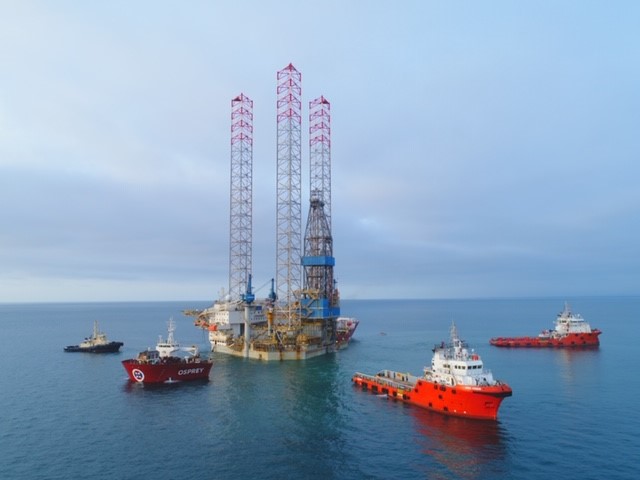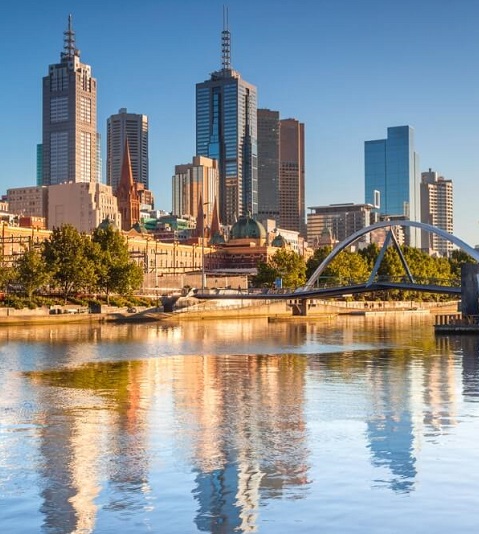Victoria’s CarbonNet project has achieved a major milestone, with an enormous drilling rig established as part of a new carbon capture facility roughly eight kilometres offshore from Ninety Mile Beach, south east of the State.
150 metres in height, the Noble Tom Prosser rig will test rocks that could one day store carbon dioxide and reduce Victoria’s emissions.
Anticipated to take 45 to 60 days, the drilling program aims to demonstrate rock structures located deep under the seabed can permanently store carbon dioxide emitted from the nearby Latrobe Valley, thereby reducing the emissions released in to the atmosphere.
This CarbonNet project is advancing the science of commercial-scale Carbon Capture and Storage (CCS) through these investigations at the Pelican site in Bass Strait, which has the potential to store the equivalent emissions of one million cars a year over a 25-year period.
CCS has been extensively trialed in Victoria with 80,000 tonnes of CO2 safely stored for a decade at the CO2CRC’s Otway research facility. The process involves capturing emissions from industry and storing the carbon deep below the seabed in rock structures, similar in the way oil and gas is stored naturally.
CCS will not only aid in climate change mitigation but aid in creating a low carbon economic zone in Gippsland.
It will present Victoria with an option to secure jobs, boost skills and attract investment in new industries, while strengthening the State’s energy security and climate change leadership.





